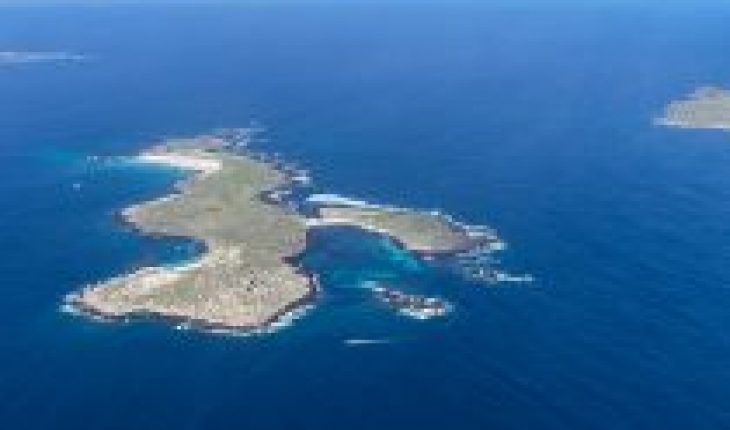Just one week before the start of the United Nations Framework Convention on Climate Change (COP 26) in Glasgow, Scotland, the environmental organization called for “firm and determined progress on a path of climate action: stop using coal as a fuel in the shortest possible time; close the thermoelectric plants and end the slaughter zones; reject the Dominga port mining project and protect native ecosystems; recover water as a common good and approve an Ecological Constitution, “that ensures the balances of nature”.
Greenpeace emphasized that due to the reality that the country is experiencing today, it is more urgent than ever to protect the native ecosystems that are habitats of biodiversity. We cannot afford to lose more species and irreversibly damage the nature that allows the life of flora and fauna and also ours.
In this sense, Estefanía González, Greenpeace Campaigns Coordinator, described it as “crazy to try to build an open-pit port mining project in one of the world’s biodiversity hotspots (…) where 80% of the world’s Humboldt penguin population lives, along with a huge variety of whales, dolphins and birds, so rejecting Dominga and protecting the world’s unique nature sanctuaries must be part of climate action. Greenpeace has set up a platform for citizens to express their opposition to the Dominga project, in www.noadominga.cl
He also pointed out that “the current commitments lead us to a temperature increase of more than 3°C which is a catastrophe. To maintain the increase at 1.5°C, the use of coal must be abandoned as soon as possible and move to 100% renewable energies and not depend on other fossil fuels such as gas.
González stressed that “in this line Chile must close the thermoelectric plants, end the sacrifice zones and implement recovery plans for its inhabitants that have been historically and systematically violated.”
From the organization, they recalled that the latest Report of the Panel on Climate Change (IPCC) of the UN “was quite clear in pointing out that we are reaching the point of no return with respect to the impact on ecosystems and the environment.”
Regarding the water crisis that the country is experiencing, Greenpeace indicated that there are already 172 communes -from Atacama to Los Lagos- with decrees of water scarcity, but water is prioritized for extractive companies and not for people and nature. Currently there is an over-granting of water rights of three times average at the national level, four times in the Bio Bio Region and seven times in the Valparaíso Region.
For the Greenpeace activist, “protecting forests, native vegetation, salt flats, wetlands, peatlands, glaciers, rivers, aquifers and lakes, are fundamental to take care of water and face the impacts that climate change already has.”
He recalled that the United Nations “recognized that living in a clean, healthy and sustainable environment is fundamental to be able to fulfill other human rights such as health. To protect nature is to protect our own life.”
The organization stressed that Chile must translate these commitments of climate contribution in the framework of COP26 and in the constitutional debate.
“The new Constitution must take charge of the scenario of climate and ecological crisis that we live, recover the common goods, guarantee the protection of ecosystems and put at the center of the country to build, the balances of nature as a way for a fair and equitable development,” they said.
Greenpeace: “Climate action is to say no to Dominga and protect natural sanctuaries”
October 24, 2021 |





